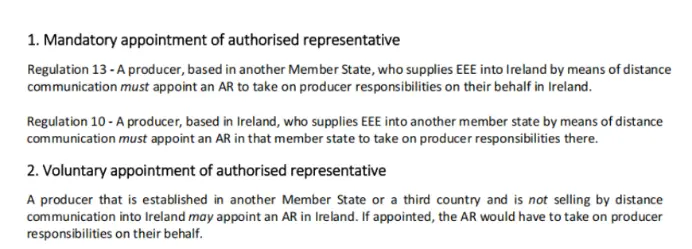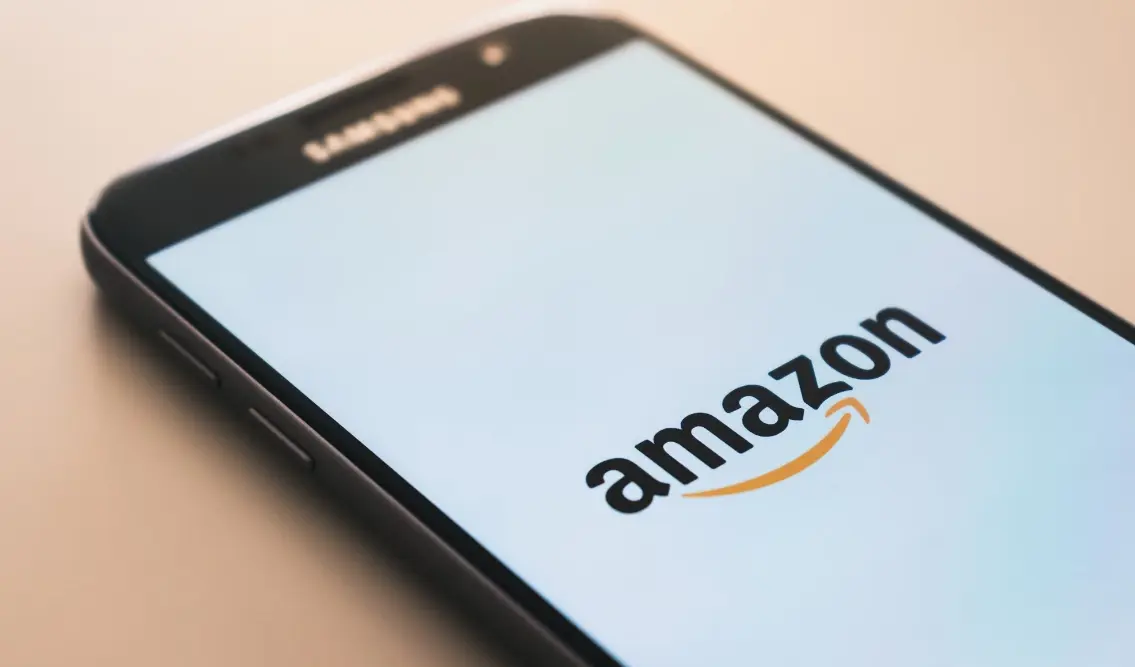
What Products Require FCC Certification?
FCC certification is one of the essential certifications for the U.S. market and is a mandatory requirement for most electronic products that want to enter the U.S. market. The following categories of products typically require fcc certification:
1. Lighting Products
- LED lights, LED screens, LED power supplies/drivers, ballasts, energy-saving lamps, stage lighting, dimmers, converters, electronic dimming equipment for entertainment venues, AC electronic ballasts for tubULar fluorescent lamps, tubular fluorescent lamps, ballasts, discharge lamp ballasts, fixed lamps, portable lamps, embedded lamps, etc.
2. Household Appliances and Power Tools
- Household appliances: air conditioners, refrigerators, electric irons, MICrowave ovens, vacuum cleaners, food blenders, electric kettles, electronic sterilization cabinets, microwave ovens, air conditioners, vacuum cleaners, electric toys, automatic rice cookers, electric shavers, electric clippers, hair dryers, bread toasters, massage devices, battery chargers, household stoves, cooktops, washing machines, induction cookers, electric food processors, small motors, etc.
- Power tools: grinders, circular saws, nail guns, electric drills, pneumatic drills, etc.
3. Personal Computers and Peripherals
- Personal computers and monitors, printers, keyboards, power adapters, mice, scanners, interface cards, electronic game devices, power supplies, UPS, fax machines, modems, answering machines, switches, etc.
4. Audio and Video Products
- Radios, televisions, set-top boxes, DVD/VCD players, MP3 players, home audio systems, etc.
5. Wireless Products
- Bluetooth devices, wireless remote control toys, wireless remote control switches, wireless thermometers, wireless mice and keyboards, wireless monitors & cameras, wireless microphones, FM transmitters, and various wireless devices.
6. Communication Products
- Telephones, 2G/3G/4G mobile phones, walkie-talkies, etc.
7. Toys
- Metal toys, plastic toys, wooden and bamboo toys, plush toys, paper toys, and electronic toys.
8. Security Products
- Alarms, security products, access control systems, monitors, cameras.
9. Industrial Machinery
- Punching machines, woodworking machines, packaging machines, plastic machines, metal cutting machines, food processing machines, food machinery, printing machinery, die-casting machinery, electrical control systems of machinery equipment, amusement facilities, hydraulic machinery, gasoline engines, welding machines, CNC drilling machines, tool grinders, lawnmowers, washing equipment, bulldozers, lifts, punching machines, dishwashers, water treatment equipment, gasoline welding machines, printing machinery, woodworking machinery, rotary drilling machines, grass cutters, snow blowers, excavators, printers, cutting machines, rollers, finishing machines, bush cutters, hair straighteners, food machinery, lawnmowers, etc.
In general, most radio products, communication devices, and digital products require fcc certification. Products intended for household use often have stricter requirements than those for commercial and industrial use. Mandatory FCC certification ensures that products entering the U.S. market meet its testing requirements and comply with market standards. The goal of FCC certification is to REDuce electromagnetic interference, manage and control radio frequency ranges, and protect the normal operation of telecommunications networks and electrical products.
Common FCC Certification Standards and Requirements:
1. Part 15: Applies to all radio frequency devices, including Wi-Fi routers, Bluetooth devices, and radio communication equipment. Manufacturers must comply with FCC's maximum allowable radiation power and frequency range and label the equipment according to FCC requirements.
2. Part 18: Applies to industrial, scientific, and medical (ISM) equipment, such as medical devices, scientific instruments, and industrial control equipment. Manufacturers need to test the equipment to ensure it meets FCC's EMC requirements and label the equipment accordingly.
3. Part 68: Applies to telephone equipment, such as telephones and fax machines. Manufacturers need to test the equipment to ensure it meets FCC's electrical safety and transmission performance requirements and label the equipment accordingly.
4. Part 90: Applies to public safety and private radio equipment, such as police and fire communication equipment, and enterprise radio communication equipment. Manufacturers need to test the equipment to ensure it meets FCC's technical standards and operational requirements and label the equipment accordingly.
5. Part 95: Applies to personal radio equipment, such as walkie-talkies and CB radios. Manufacturers need to test the equipment to ensure it meets FCC's maximum allowable power and operational requirements and label the equipment accordingly.
Overview of FCC Certification Standards:
The FCC certification standards primarily include two parts: Part 15 and Part 18.
1. Part 15: This standard applies to general electronic equipment and specifies requirements for electromagnetic compatibility and electromagnetic radiation. Part 15 is further divided into categories like Class A and Class B, corresponding to different usage environments and purposes. Typically, Class A applies to commercial and industrial environments, while Class B applies to residential environments.
2. Part 18: This standard applies to industrial, scientific, and medical (ISM) equipment. It specifies requirements for electromagnetic compatibility, radiation limits, and power quality to ensure these devices do not interfere with radio communications while protecting the health and safety of operators and patients.
In summary, Part 15 and Part 18 are the most widely used parts of the FCC certification standards, covering many different types of electronic equipment and products. Other standards like Part 68, Part 90, and Part 95 apply only to specific types of products and scenarios, with relatively narrow application ranges. Therefore, when introducing FCC certification standards, Part 15 and Part 18 are mentioned first.
FCC Certification Steps and Process:
1. The customer submits an application form (provided by our company).
2. The customer signs a testing commission contract with our company.
3. Sample testing is conducted, and electrical schematics, external/internal photos, oscillator circuit diagrams, user manual labels, and operational principle descriptions are prepared (depending on the product).
4. After passing the test, if it is an FCC VOC certification, our company directly issues the certificate and report.
Email:hello@jjrlab.com
Write your message here and send it to us
 LFGB Compliance Testing for Plastic Food Contact M
LFGB Compliance Testing for Plastic Food Contact M
 How to get LFGB Compliance Report for Food Grade P
How to get LFGB Compliance Report for Food Grade P
 LFGB Certification Process for Kitchenware Product
LFGB Certification Process for Kitchenware Product
 LFGB Test Requirements for Food Contact Materials
LFGB Test Requirements for Food Contact Materials
 Irish Battery Act Requires an Authorised Represent
Irish Battery Act Requires an Authorised Represent
 Swedish Battery Act Requires an Authorised Represe
Swedish Battery Act Requires an Authorised Represe
 Amazon TIC Provider
Amazon TIC Provider
 Amazon Battery and Charger Requirements
Amazon Battery and Charger Requirements
Leave us a message
24-hour online customer service at any time to respond, so that you worry!




